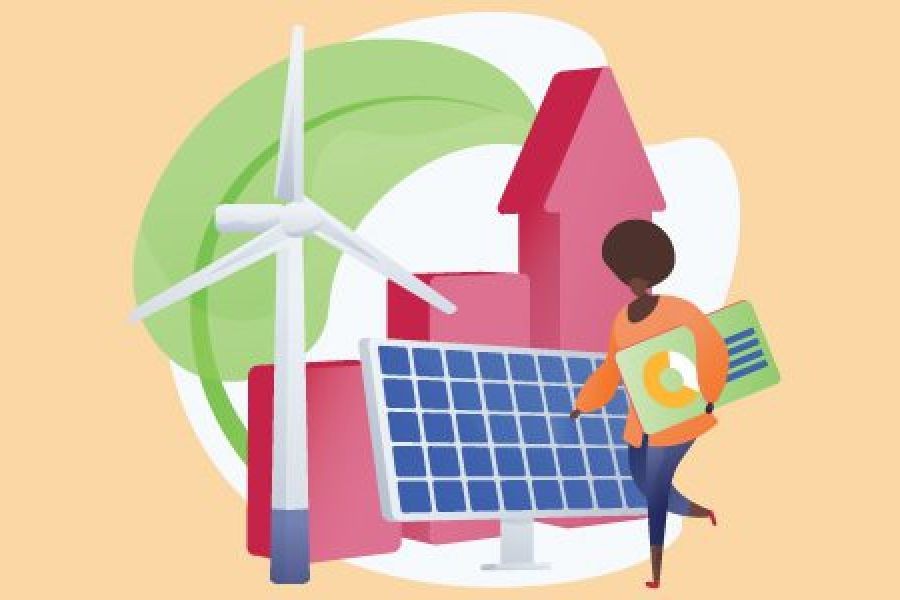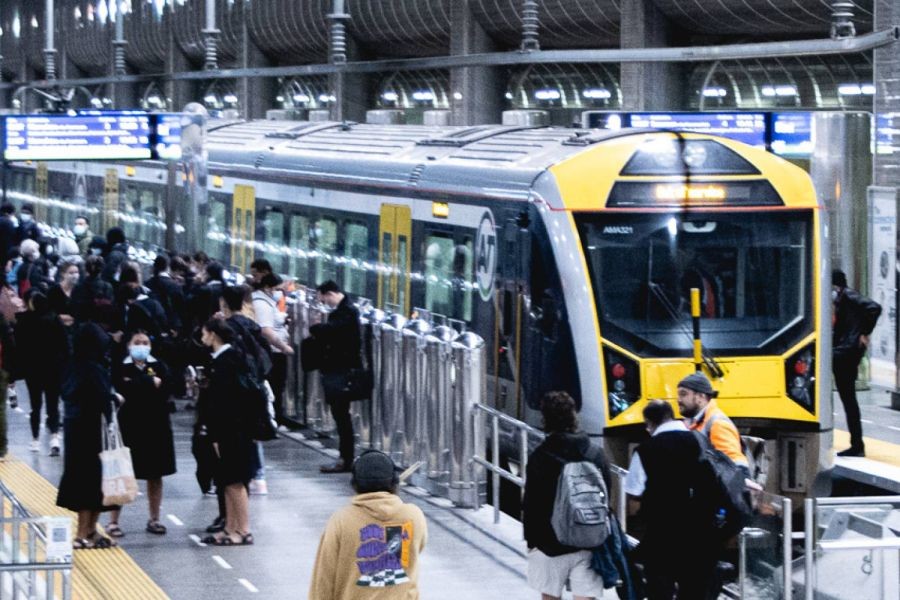In a world increasingly aware of environmental challenges, New Zealand stands at the forefront of sustainable innovation. Yet, the ambitious goal of achieving a fully sustainable transportation system by 2050 presents both opportunities and challenges for the nation. As the world shifts toward greener transport solutions, New Zealand's unique geographical and economic landscape necessitates a tailored approach. This article delves into the likelihood of New Zealand meeting its sustainable transportation goals, backed by data and expert insights.
The Current State of New Zealand's Transportation
New Zealand's transportation sector is a significant contributor to its greenhouse gas emissions, accounting for approximately 20% of the country's total emissions (Source: Stats NZ). The nation's reliance on fossil fuels and the geographic dispersion of its population pose substantial hurdles to transitioning to a sustainable system. However, recent government initiatives, such as the Clean Car Discount scheme and electric vehicle (EV) incentives, demonstrate a commitment to change.
Case Study: Auckland's Electrification Strategy
Problem: Auckland, New Zealand's largest city, faced severe air pollution and traffic congestion, exacerbated by a dependence on fossil-fueled vehicles.
Action: The city launched its Low Emission Bus Roadmap, aiming to electrify its bus fleet by 2030. This initiative included partnerships with local manufacturers and the introduction of electric buses on major routes.
Result: Within two years, Auckland achieved a 15% reduction in bus-related emissions, with public transport usage increasing by 25%.
Takeaway: This case illustrates the potential of targeted electrification programs in reducing urban emissions and enhancing public transport appeal.
Expert Insights on Sustainable Transport
Dr. Alice Green, a sustainability expert from the University of Auckland, emphasizes that "New Zealand's journey toward sustainable transport requires not just technological innovation but also cultural and behavioral shifts." She points out that while electric vehicles are crucial, integrating renewable energy sources into the grid and promoting public transport are equally vital.
Moreover, a 2023 report from the Ministry of Business, Innovation, and Employment (MBIE) suggests that investing in hydrogen fuel technology could position New Zealand as a leader in sustainable transport. The report highlights the potential for hydrogen to power heavy vehicles and long-distance transport routes, overcoming limitations faced by current battery technologies.
Pros and Cons of Current Strategies
- Pros:
- Increased Investment: Government funding for sustainable transport projects has doubled since 2020.
- Technological Advances: Innovations in EV technology have made electric vehicles more affordable and efficient.
- Public Support: Surveys show 70% of New Zealanders support transitioning to greener transport solutions.
- Cons:
- Infrastructure Gaps: Limited charging stations and public transport options in rural areas hinder progress.
- Economic Barriers: The high upfront cost of EVs and infrastructure upgrades remains a challenge.
- Cultural Resistance: A strong car culture and preference for private vehicles slow down adoption rates.
Future Trends and Predictions
Looking ahead, the integration of autonomous vehicles and smart transport systems could redefine New Zealand's transport landscape. A report by Deloitte forecasts that by 2035, autonomous vehicles could constitute 20% of the country's vehicle fleet, significantly reducing emissions and improving road safety.
Moreover, the adoption of MaaS (Mobility as a Service) platforms is expected to grow, offering integrated transport solutions that combine public transport, ride-sharing, and bike rentals into a single, user-friendly system. This shift could enhance accessibility and convenience, encouraging more Kiwis to choose sustainable transport options.
Common Myths and Realities
- Myth: "Electric vehicles are too expensive for the average Kiwi." Reality: While initial costs are high, EVs offer long-term savings on fuel and maintenance, with EV incentives reducing purchase prices significantly.
- Myth: "Hydrogen is not a viable fuel source for New Zealand." Reality: Research from MBIE indicates that hydrogen has significant potential, especially for heavy transport and industry, due to its high energy density and local production capabilities.
Final Takeaways
- New Zealand's commitment to sustainable transport is evident, but achieving the 2050 goal requires overcoming significant infrastructure and cultural challenges.
- Investments in technology, such as hydrogen and autonomous vehicles, are crucial to reducing emissions and enhancing transport efficiency.
- Public support and policy alignment are essential to drive the transition toward a greener transportation system.
Conclusion
New Zealand's path to a fully sustainable transportation system by 2050 is ambitious but achievable with the right mix of technology, policy, and public engagement. As Kiwis, we have the opportunity to lead by example and create a blueprint for sustainable transportation that others can follow. Are you ready to be part of the change? Share your thoughts and join the conversation on sustainable transport initiatives in New Zealand.
People Also Ask
- How does sustainable transport impact New Zealand's economy? Sustainable transport reduces reliance on imported fossil fuels, enhances energy security, and creates jobs in the green technology sector.
- What are the biggest misconceptions about sustainable transport in New Zealand? A common myth is that EVs are unaffordable for most. However, government incentives and long-term savings make them increasingly accessible.
- What are the best strategies for implementing sustainable transport in New Zealand? Experts recommend starting with policy incentives, expanding charging infrastructure, and promoting public transport use.
Related Search Queries
- Sustainable transport initiatives in New Zealand
- Electric vehicle adoption in New Zealand
- Hydrogen fuel technology in New Zealand
- Public transport improvements in New Zealand
- Future of autonomous vehicles in New Zealand
- Government incentives for electric vehicles in New Zealand
- Sustainable urban planning in New Zealand
































fdsfs
9 months ago